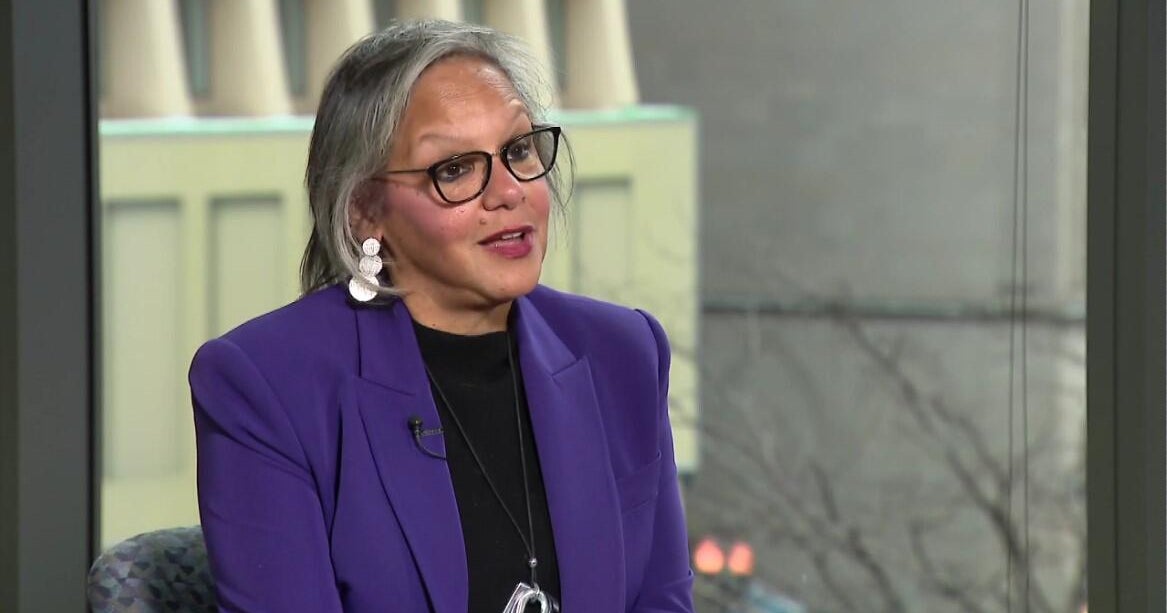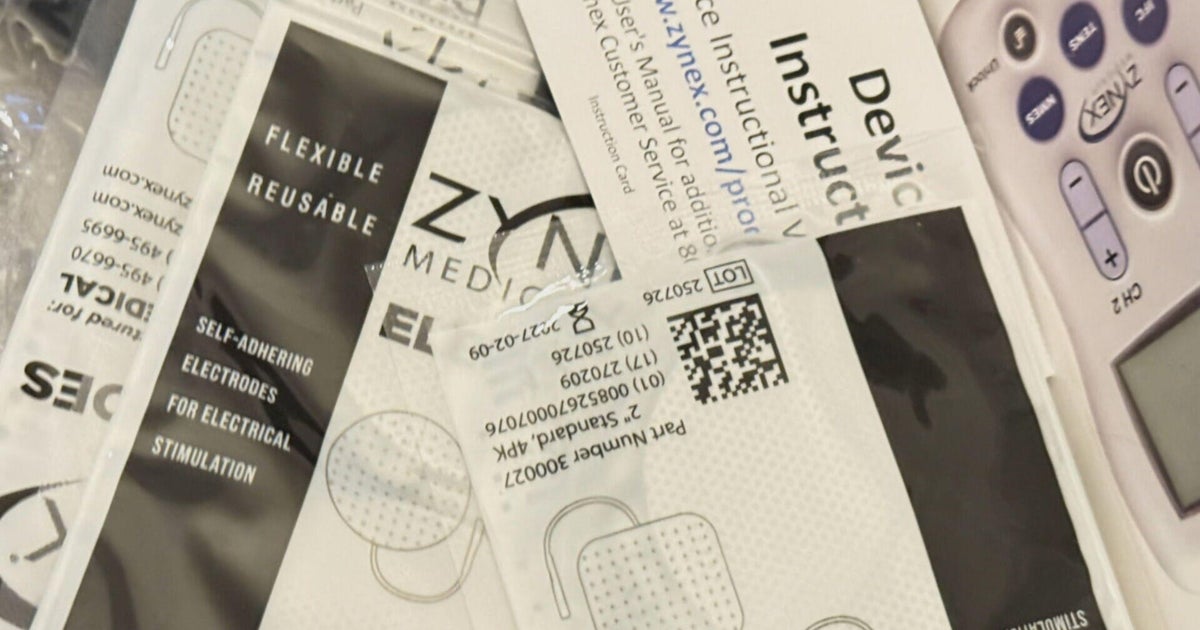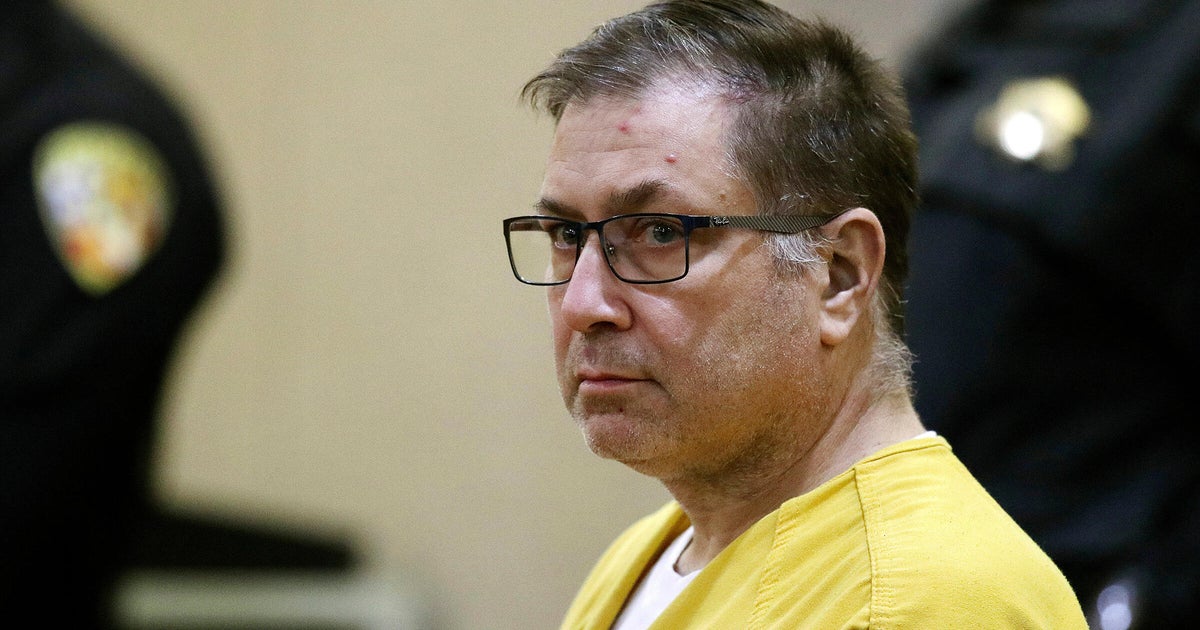Indictment of former Illinois House Speaker Mike Madigan is bigger deal than conviction of former Gov. Blagojevich, Legal Analyst Irv Miller says
CHICAGO (CBS) -- CBS 2 Legal Analyst Irv Miller said Wednesday that the indictment of former Illinois House Speaker Michael Madigan is a much bigger deal than the indictment and conviction of former Gov. Rod Blagojevich.
This is because of just how powerful Madigan was in Illinois.
"Speaker Madigan, when he was speaker of the House of Representatives, he controlled every law - whether on any subject, whether it got passed by the General Assembly or whether it got defeated by the General Assembly. He was in many ways the de facto governor in the State of Illinois," Miller told CBS 2's Jim Williams and Marie Saavedra Wednesday. "He controlled what the laws were going to be in this state for years, and he maintained that power up until a couple of years ago - when things started to go south, actually."
Madigan, 79, is charged with 22 counts. They include racketeering conspiracy and individual counts of using interstate facilities in aid of bribery, wire fraud, and attempted extortion.
U.S. Attorney John Lausch announced Wednesday that a federal grand jury returned the indictment on Wednesday. Madigan is accused of using his official position to solicit personal financial gains for himself and his associates.
The indictment claims that Madigan directed the activities of his longtime confidant Michael McClain, who in turn carried out illegal activities at the behest of Madigan. McClain is charged as a co-defendant in the indictment.
They are accused of a bribery scheme involving multiple businesses - including ComEd - in which the businesses paid Madigan's associates as a reward for their loyalty to Madigan. Lausch said Madigan used his various political positions as part of a long-term scheme to arrange for no-show jobs for his political workers, and personal benefits for himself.
Miller noted that Lausch repeatedly said the investigation is ongoing, "which means he's basically saying to a lot of people out there that know something, 'I think you guys should give me a call tonight,' and I guarantee you that there's a lot of lawyers meeting with their clients right now, trying to determine what their next step is going to be - 'Do I play hardball with the U.S. Attorney's office, or do I try to talk to them to work out some kind of deal?"
Miller said a resolution to the case against Madigan in the form of a trial or plea deal is months or even years away - given how much time it takes for a case to go through federal court in the Northern District of Illinois, particularly during the COVID-19 pandemic. But information will be revealed in pretrial hearings, such as who is cooperating, Miller said.
Meanwhile, Miller said Lausch "all but admitted" there were wiretaps involved in the investigation against Madigan.
"You know, that's one thing all defendants fear - to have their own words on tape for a jury to hear," he said.
There are also multiple emails that were part of the investigation, which Miller called "bits and pieces of evidence that are golden to a prosecutor."
"So I suspect that these potential defendants out there, or even current defendants, are talking to their lawyers, saying, 'What do we do next?'" Miller said.
Madigan will be 80 in April. Another Chicago powerbroker, Ald. Ed Burke (14th), is now 78 and facing charges of January 2019 and was racketeering and extortion, on claims that he tried to solicit private legal work and other benefits from people and companies doing business with the city.
"It takes a long time to build cases like this. You know, you have a situation that other people have already been indicted for the same thing, and I don't think it's a secret that the government has tried to flip these people to testify against former Speaker Madigan," Miller said.
Meanwhile, CBS 2's Brad Edwards emphasized that Illinois residents are likely suffering from corruption fatigue. Four of the last 11 Illinois governors, Otto Kerner, Dan Walker, George Ryan, and Rod Blagojevich, have all gone to prison.
Blagojevich was arrested at his home in December 2008, on charges accusing him of seeking to personally benefit from his position as governor; including trying to sell an appointment to the U.S. Senate seat once held by Barack Obama before he was elected president in 2008. After two trials, he was convicted in 2011 of more than a dozen corruption counts and sentenced to 14 years in prison. He served about eight years before his sentence was commuted by then-President Donald Trump in February 2020.
Ryan was convicted in 2006 of racketeering, conspiracy, tax fraud, and making false statements to the FBI when he was secretary of state and later governor from 1999 to 2003. He served more than five years of a six and a half-year term.
"I actually sat through part of the George Ryan trial. I sat through portions of the Rod Blagojevich trial over at the federal court. And I'd say to myself, boy, if any politician is watching this; knows about this - he knows to stay clean. He or she knows to stay clean, and not get involved in this. Pay to play - how many times have we heard that?" Miller said. "But it doesn't seem to change the politics in the state of Illinois. So yes, you and I as taxpayers - we eventually pay the price, and that's truly unfortunate about government in the state of Illinois."
Miller also said we should not expect Madigan to accept a plea deal down the road.
"I don't think this is going to be a plea of guilty. I think he's going to maintain his innocence and demand a trial, and I think months, if not years from now, there will be a trial," Miller said. "He's not going to admit his guilty and walk into a penitentiary. That's not going to happen."
And even if Madigan is convicted, the maximum sentence of 20 years that prosecutors mentioned Wednesday will not be happening, Miller said.







